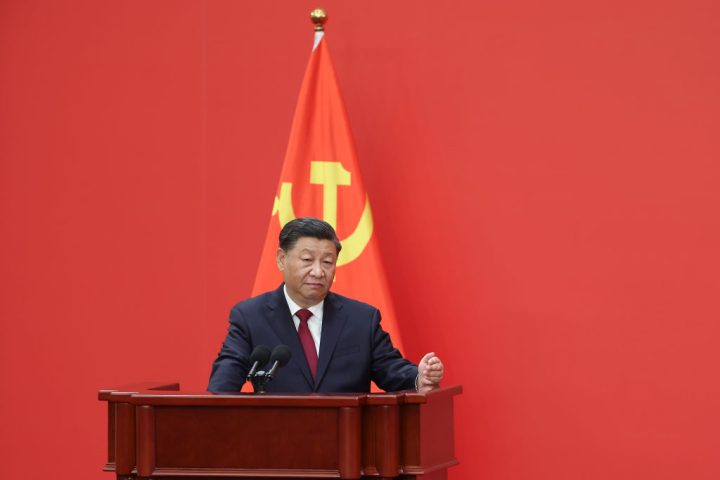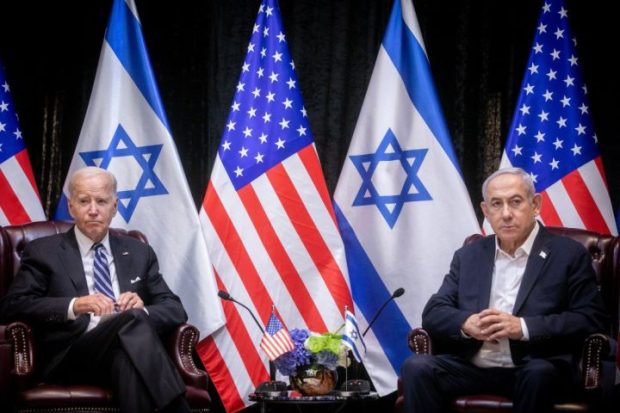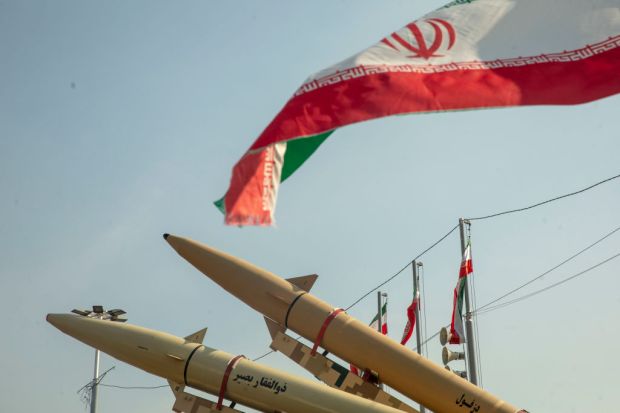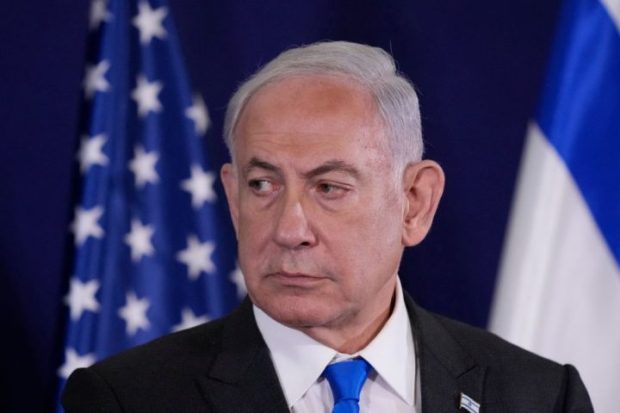When China’s ambassador to Washington, the bookish-looking old hand Qin Gang, was appointed to be China’s next foreign minister in December, a flurry of reporting pondered whether this was an end to Beijing’s wolf warrior diplomacy. After all, Qin wasn’t the uppity sort of Chinese spokesperson who found infamy on social media (like Zhao Lijian); westerners who’ve worked with him say that he is cordial and constructive.
Any speculation on that front can now be resolutely put to bed. In his first press conference as foreign minister this week, Qin showed plenty of steel. He accused the US of seeking to ‘contain and suppress China in all respects’, and warned ‘if the United States does not hit the brake but continues to speed down the wrong path… there will surely be conflict and confrontation’. President Xi used similar language a day earlier at the National People’s Congress. While China isn’t afraid of strongly worded attacks on the West, this week’s comments are notable for explicitly name checking the United States.
China clearly thinks of itself as the victim, rather than a contributor, of the worsening bilateral relationship
Beijing is angry. It is outraged at American allegations that China is considering sending arms to Russia (intelligence that, it now seems, came from Russian government officials); it is infuriated by the re-emergence of the debate on Covid’s origins; and it has been cornered and kneecapped by new American industrial policies on everything from semiconductors to electric cars. A February visit from Secretary of State Anthony Blinken, meant to set certain guardrails to the relationship, was delayed when a Chinese spy balloon was spotted over Montana. That rain check is looking increasingly permanent.
China clearly thinks of itself as the victim, rather than a contributor, of the worsening bilateral relationship. (Qin said the US’s perception of China was ‘like the first button in a shirt being done wrong’. The starting point, in other words, is fundamentally wrong.) In fact, the reverse is true for many in Washington – they see themselves as reacting to an ever more belligerent Chinese Communist party, one that is clearly trying to change the world order and will trample human rights and non-Chinese interests to get there.
However one apportions the blame, for as long as both sides see themselves as only the victims, the two most powerful countries on earth will continue to march towards conflict. It now falls on enlightened decision makers – on both sides – to steer this most important bilateral relationship back from the precipice. If that fails, a Cold War may be the least of our worries.
For more of The Spectator’s foreign coverage, check out our World section here.
Got something to add? Join the discussion and comment below.
Get 10 issues for just $10
Subscribe to The Spectator Australia today for the next 10 magazine issues, plus full online access, for just $10.





















Comments
Don't miss out
Join the conversation with other Spectator Australia readers. Subscribe to leave a comment.
SUBSCRIBEAlready a subscriber? Log in